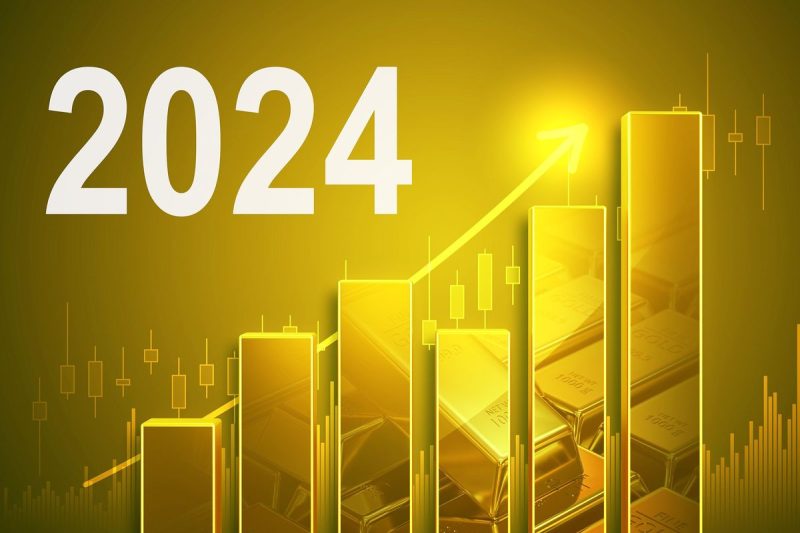1. Impact of Economic Inflation:
The relationship between inflation and the price of gold is one of the oldest concepts in the economics world. As inflation increases, the value of currency decreases, prompting investors to move towards gold, which is often considered as a stable store of value in turbulent times. If the forecast of economic inflation in 2024 is high, we can expect the price of gold to rise as investors would purchase more gold to hedge against potential losses.
2. Government Policies and Global Conflict:
In 2024, monetary policies set by governments and central banks globally will continue to have a significant impact on the price of gold. Any changes in governmental fiscal policies, such as the adjustment of interest rates, quantitative easing measures, or initiatives to stimulate economic growth can cause a fluctuation in gold prices. Furthermore, periods of political instability or global conflict often result in a flight to safety, where investors move towards gold, thereby pushing its prices higher.
3. The Power of the U.S. Dollar:
Since gold is usually denominated in U.S. dollars, there is a significant correlation between the strength of the U.S. dollar and the price of gold. When the dollar strengthens against other currencies, it becomes relatively more expensive for foreign buyers to purchase gold, leading to decreasing demand and lower gold prices. Conversely, a weakening U.S. dollar often leads to higher gold prices.
4. Improvements in Mining Technology:
Technological innovations in the extraction and processing of gold could greatly influence its price in 2024. As technology evolves, mining gold could potentially become easier and more cost-effective. This could lead to increased gold production and consequently, a drop in gold prices. But if gold extraction becomes more complex and expensive, it might lead to a limited supply relative to demand, thus pushing gold prices higher.
5. Influence of Gold ETFs:
Gold ETFs play a significant role in gold price movements as they allow a wide range of market participants to trade gold without having to physically own it. An increase in gold ETF demand could push gold prices up, while a decrease may result in the downward movement of gold prices. Therefore, investors’ sentiment on gold ETFs in 2024 will be a notable factor to consider.
6. Role of Central Bank Reserves:
The reserve assets of central banks worldwide significantly impact the gold market. When central banks increase their holdings in gold, demand rises, leading to an increase in its price. On the contrary, if central banks sell portions of






























